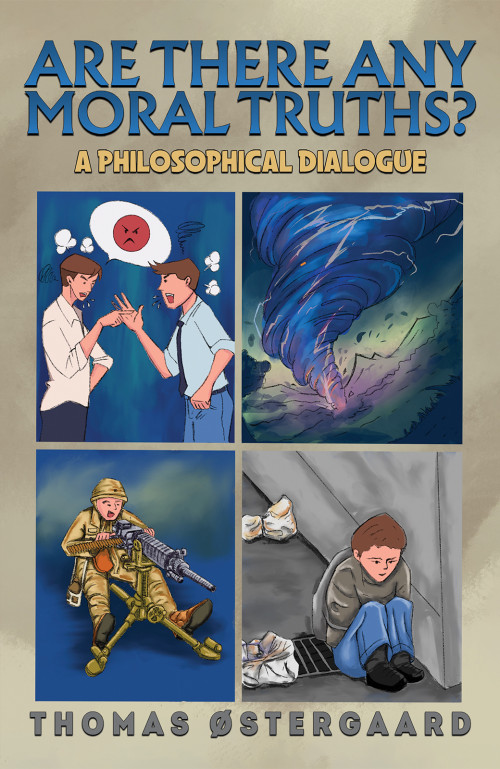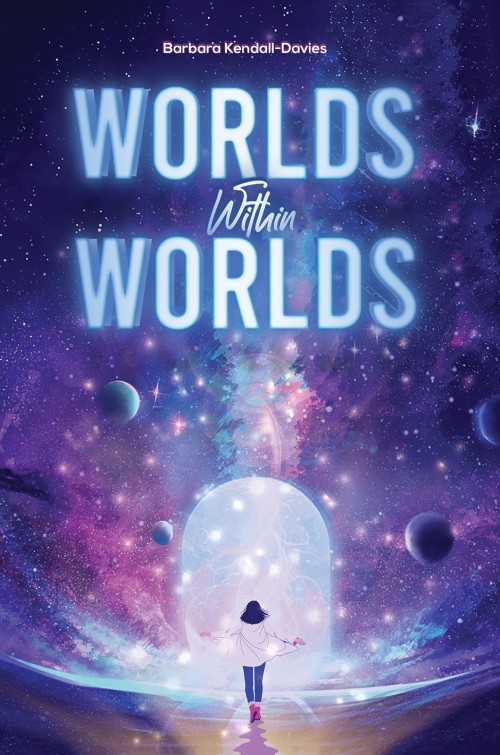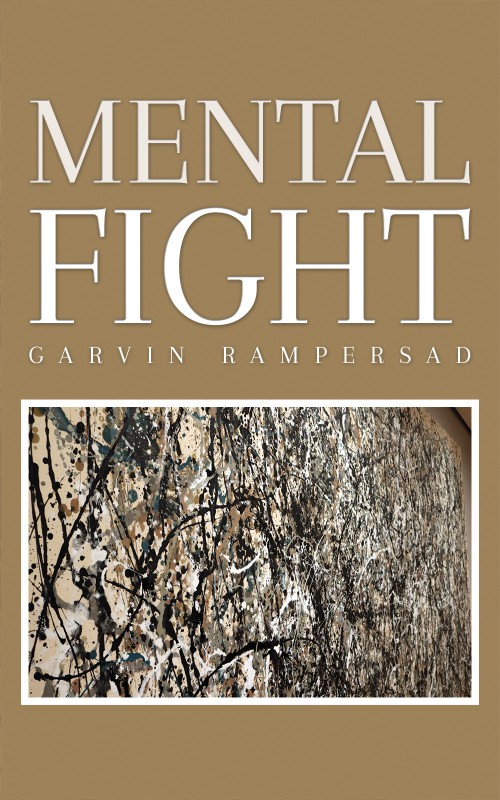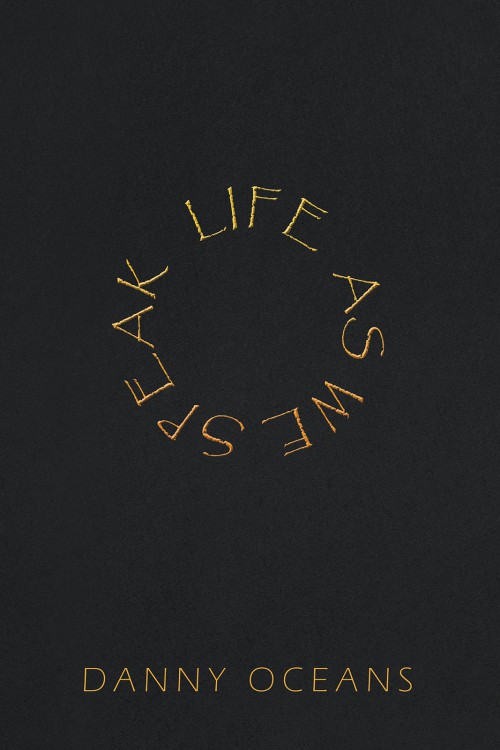We live in crisis-ridden times. Civilization is repeatedly ravaged by diseases, recessions, wars, and international terror, while global climate change and the existence of nuclear weapons could soon put an end to humanity. What are we to do? Serious problems like these raise many moral questions, but people often disagree, sometimes vehemently, about the answers.
Moral disagreements pose a fundamental question: Could some moral opinions be better than others? Are there any moral truths at all, or is right and wrong merely a matter of perspective, depending on the eye of the beholder? Perhaps moral beliefs are nothing but a kind of superstition, like beliefs about vampires or Greek gods and goddesses?
In this refreshingly unorthodox introduction, Danish philosopher Thomas Østergaard deals with these questions in a novel way. Written as a philosophical dialogue, the book makes the various positions come alive through four people’s interchange of ideas and arguments, continuously interspersed with everyday examples as well as intriguing thought experiments. As a witness to this debate, the reader is invited to ponder the nature of morality, the possibility of resolving our moral differences, and the puzzling and provocative question: Why should I care about morality?












